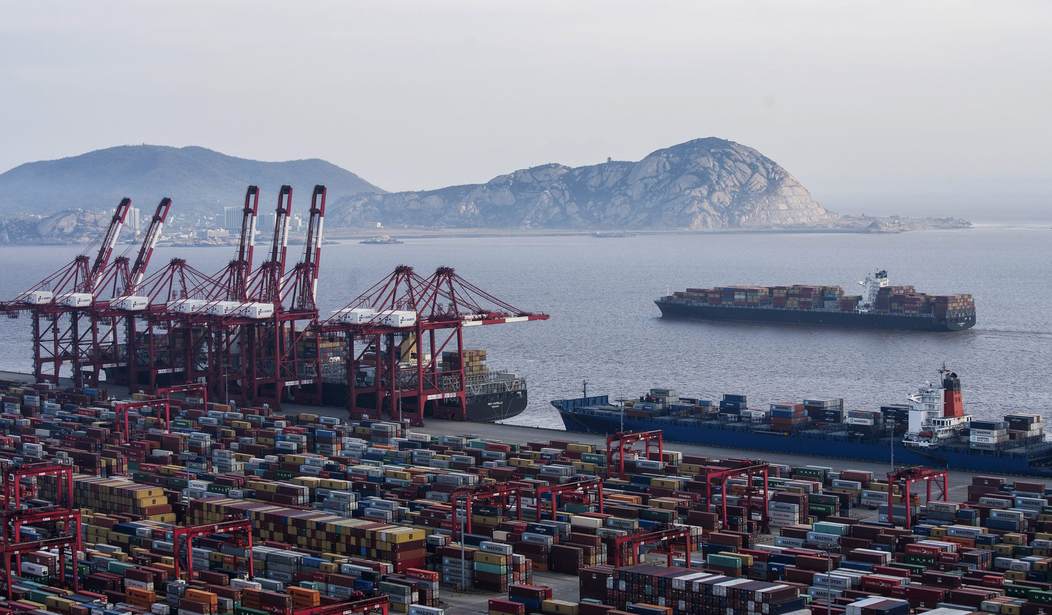A House conservative said he fears that President Trump’s growing trade dispute with China risks turning into a Jimmy Carter mistake.
The administration last week unveiled proposed tariffs on $50 billion of imports from China, mostly electric components and industrial wares excluding computers and cell phones along 1,300 tariff lines, and on Thursday night Trump said he was thinking of $100 billion more in tariffs. The White House insisted this morning that “there was extensive interagency analysis to ensure these tariffs maximize pressure on China to change its behavior, while minimizing the impact on the U.S. economy.”
In retribution, China announced new tariffs on American soybeans, food products such as beef and orange juice, and aircraft components. U.S. ag exports to China bring in about $20 billion a year, and soybean farmers export $14 billion a year of the commodity now targeted for a 25 percent tariff.
Rep. Steve King (R-Iowa) told Fox today that “if Tom Clancy were still alive and were writing a novel about the beginnings of a trade war, we would be in about chapter two right now of how you get accelerated into a trade war.”
The congressman said he “would like to find a way to dial this thing back,” perhaps by looking at a “study on the intellectual property that is pirated by the Chinese, put a duty on all products coming from China to recover the intellectual actual property value, distribute it to the rightful property right owners, and say to the Chinese, let’s back off of this trade war and just settle for ending your piracy and letting you pay for what you steal.”
“We need our exports to China for so many components of our economy, and we need the cheap products that are coming out of China. So, in the end, which side is stronger? Who gets hurt the most? This is a political fight now,” he said.
King noted that “we saw what happened to the economy here in the United States when Jimmy Carter on Jan. 4, 1980, embargoed the grain that was exported then to the Soviet Union.”
“When that happened, it put us into an economic tailspin for an entire decade,” he said. “And a lot of us here in the Midwest — I mean, I have many scars from that. I paid 22 percent interest. We sold out family farm after family farm. They stood there and cried together during the auction. And I don’t want to see that again… we didn’t actually recover, because those kids that were standing there and watching the farm be sold at the auction got a degree and moved out of the neighborhood and didn’t come back.”









Join the conversation as a VIP Member